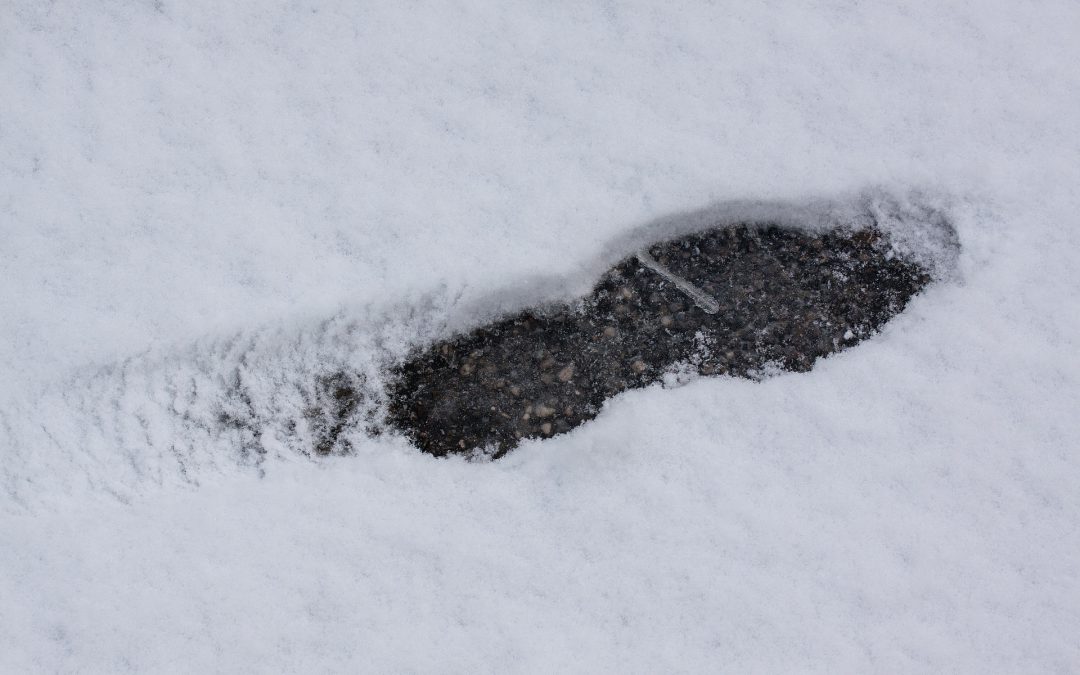Winter is approaching! While happy holidays, sleigh rides in the snow, and hot cocoa are some of the benefits, the winter season isn’t always kind. If you are a home or business owner with asphalt, winter can cause severe damage if you are not properly prepared. Here we will talk about how winter will affect your asphalt and what you can do about it!
It’s Getting Chilly
The absolute worst part of winter for your asphalt is the constant cycling of freezing and thawing. When temperatures plunge below freezing, it can cause the asphalt to shrink. Once the temperatures rise above freezing, the asphalt will expand. Like with any hard material being forced to expand and contract, it can cause cracks in the pavement. Once a crack starts, winter’s other elements come to play.
It Rains and It Pours
Here in the PNW, we understand the saying, “it’s raining; it’s pouring.” Water is construction’s, of all types, worst enemy, including asphalt. Remember how we talked about getting cracks due to cold weather? Well, if there is even the tiniest of crack, gouge, or hole, water will find its way inside. Water freezes and thaws much faster than a solid, so when it makes its way into the cracks of the asphalt, it causes even greater damage as the temperatures fluctuate. Potholes are the perfect example of water invading an asphalt crack and laying it to waste.
Let it Snow!
A beautiful blanket of snow covering your asphalt isn’t something you need to worry too much about; instead, it’s the snowplows. While you don’t need to worry about experienced snowplow drivers, inexperienced drivers can set the blade too low, creating gouges in the asphalt. The gouges alone are bad enough, but, as we said above, if there are any cracks…water will find them!
Getting Toxic
Nobody wants ice on their asphalt since it can lead to dangerous slips, but overly toxic chemicals can hurt your asphalt while providing little relief. Harsh chemicals increase the speed of deterioration of asphalt, especially if your asphalt is already starting to age or hasn’t had a recent sealcoating.
What Can You Do?
Even though winter is coming full speed ahead, you can take action to minimize its damage.
- To prevent freezing temperatures and wet weather from doing its worst, you should have all pavement breaks repaired. While some individuals can DIY these projects, the best results will come from hiring a professional.
- If you decide to hire a snowplow driver, make sure that they are seasoned veterans.
- If you choose to use chemicals to melt ice, we suggest using a deicer that uses calcium magnesium acetate, calcium chloride, or magnesium chloride. Do remember, though, that all chemicals and salts can negatively affect the surrounding environment. So, if you want to choose a planet-friendly option, use sand.
Call Us Today
Are you ready for winter? If not, give us a call today, and we can help you with your winter preparations. We all want you to make it to spring with your pavement intact.


Recent Comments